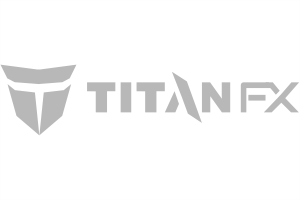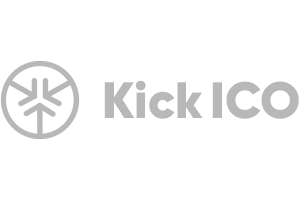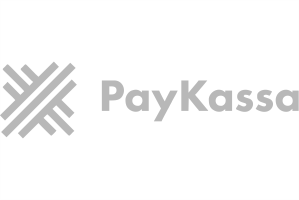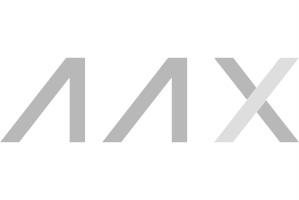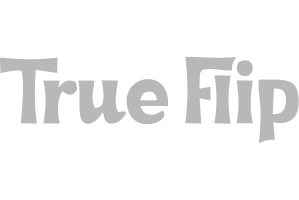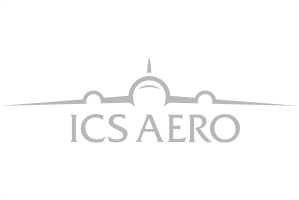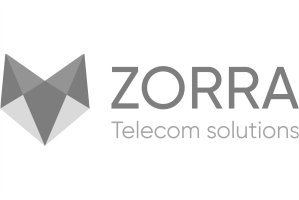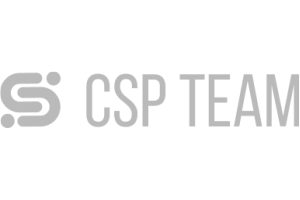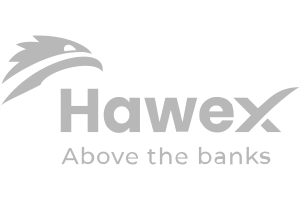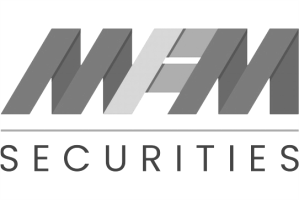| Name of service | Bronze | Silver | Gold | Platinum |
|---|---|---|---|---|
 Company name verification and reservation Verifying the availability and reserving of your preferred company name in the registry
Company name verification and reservation Verifying the availability and reserving of your preferred company name in the registry
|

|

|

|

|
 Company registration in form of Ansalt, including state fees Preparation and submission of all required documents and fees to the relevant government authorities for company registration, ensuring a streamlined process for our clients
Company registration in form of Ansalt, including state fees Preparation and submission of all required documents and fees to the relevant government authorities for company registration, ensuring a streamlined process for our clients
|

|

|

|

|
 Minutes of the meeting of directors of the company Document preparation necessary for the legal registration of directors within the company structure
Minutes of the meeting of directors of the company Document preparation necessary for the legal registration of directors within the company structure
|

|

|

|

|
 Registration of the company with the local tax authorities Gathering, processing and filing the necessary paperwork for company registration with the local tax authorities in Liechtenstein
Registration of the company with the local tax authorities Gathering, processing and filing the necessary paperwork for company registration with the local tax authorities in Liechtenstein
|

|

|

|

|
 Appointment of an auditing authority Appointment of an audit body to conduct the business of the company if non-managing members of the company are not vested with any supervisory authority
Appointment of an auditing authority Appointment of an audit body to conduct the business of the company if non-managing members of the company are not vested with any supervisory authority
|

|

|

|

|
 Appointment of a legal representative for the company Appointment of a legal representative (registered agent) as the official address for service and contact person for the authorities
Appointment of a legal representative for the company Appointment of a legal representative (registered agent) as the official address for service and contact person for the authorities
|

|

|

|

|
 Registration of the authorized capital of the company Support in registering the authorized capital of the company for its successful introduction at the local bank
Registration of the authorized capital of the company Support in registering the authorized capital of the company for its successful introduction at the local bank
|

|

|

|

|
 Company seal Production of the company seal
Company seal Production of the company seal
|

|

|

|

|
 Assistance in obtaining a local PEID tax number Collection, execution and submission of the necessary package of documents to obtain a TIN number in the tax office of Liechtenstein
Assistance in obtaining a local PEID tax number Collection, execution and submission of the necessary package of documents to obtain a TIN number in the tax office of Liechtenstein
|

|

|

|

|
 Assistance in opening an account in: Bank Alpinum, Bank Frick, Bendura Collecting, processing and filing the necessary documents for opening a corporate account with a local bank
Assistance in opening an account in: Bank Alpinum, Bank Frick, Bendura Collecting, processing and filing the necessary documents for opening a corporate account with a local bank
|

|

|

|

|
 Assistance in opening a personal bank account Collection, processing and filing of the documents required to open a personal account, including consultation of appropriate jurisdiction
Assistance in opening a personal bank account Collection, processing and filing of the documents required to open a personal account, including consultation of appropriate jurisdiction
|

|

|

|

|
 Assistance with a VAT number obtainment Assistance in obtaining a VAT number for your company
Assistance with a VAT number obtainment Assistance in obtaining a VAT number for your company
|

|

|

|

|
 Free consultation We offer a free consultation where you can discuss your needs and questions regarding company registration and management. Our experts will be happy to help you understand the process and provide guidance based on your situation. We are happy to answer your questions and help you make an informed decision about the services you need
Free consultation We offer a free consultation where you can discuss your needs and questions regarding company registration and management. Our experts will be happy to help you understand the process and provide guidance based on your situation. We are happy to answer your questions and help you make an informed decision about the services you need
|

|

|

|

|
|
Total cost
|
9000 EUR | 12000 EUR | 13000 EUR | 14500 EUR |
|
Provision of a legal address for 1 (one) year
|
2400 EUR | 2400 EUR | 2400 EUR | 2400 EUR |
|
Remote company registration with transfer of authority
|
500 EUR | 500 EUR | 500 EUR | 500 EUR |
|
Accounting services
|
270 EUR | 270 EUR | 270 EUR | 270 EUR |












